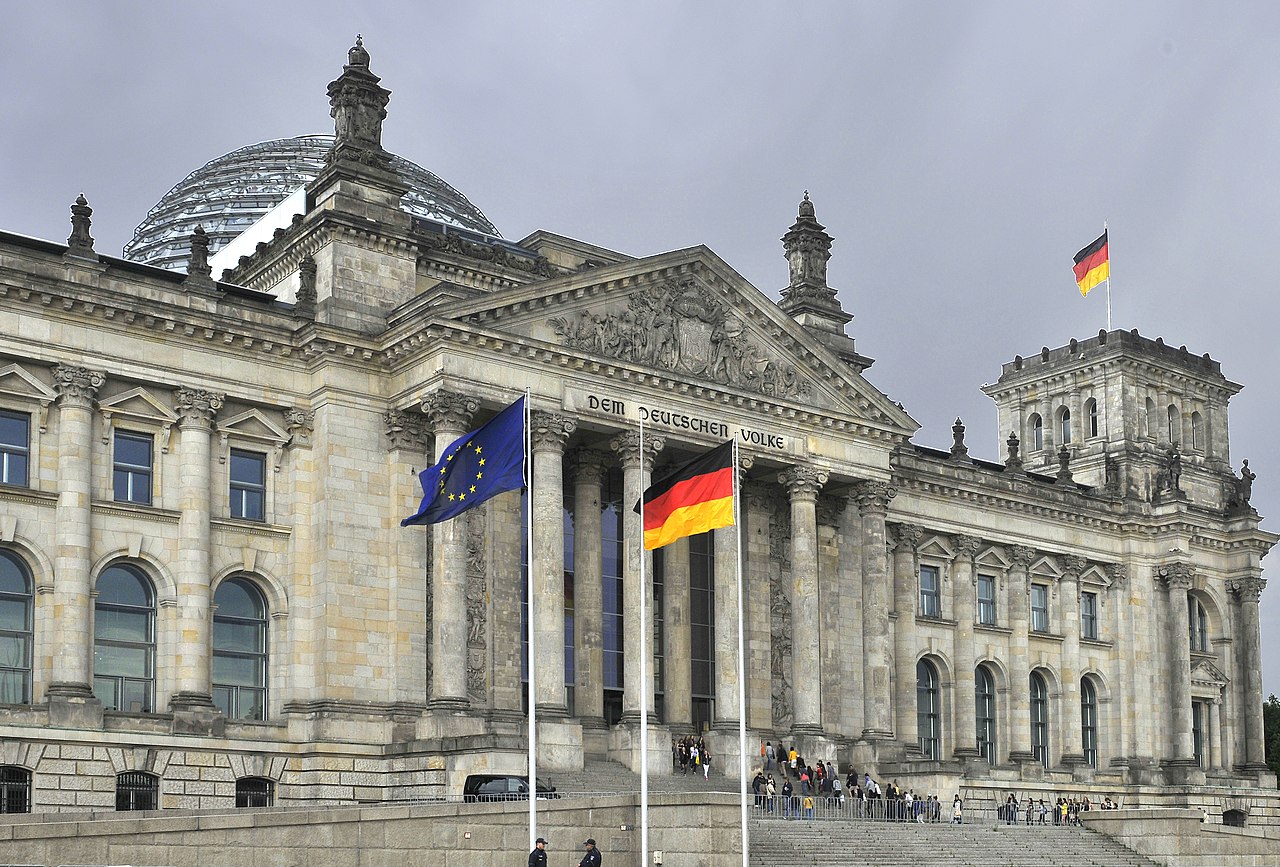
The aim of this module is to provide a profound understanding of contemporary German politics. For this purpose, the course will give a brief overview over Germany's post-war political development. We will examine, in particular, the role of political culture and political institutions as determinants of successful democratization. The course sheds light on general trends and developments that Germany shares with other countries, such as the increasing fluidity of electoral preferences, the fragmentation of the party system, and the increasing use of referenda. At the same time, the course outlines and discusses some of the more distinct features of the German case, such as its mixed-member proportional electoral system, patterns of coalition formation, and the role of the second chamber and the Constitutional Court as veto-players. Apart from that, the course highlights critical policy issues and current challenges including Germany's role in the European Union as well as economic, environmental, and immigration policies.